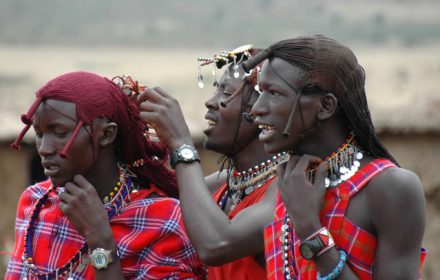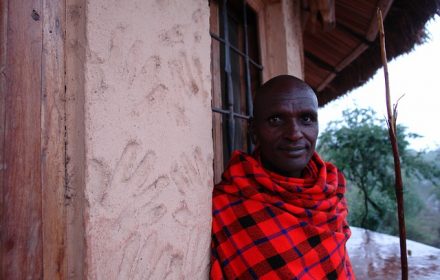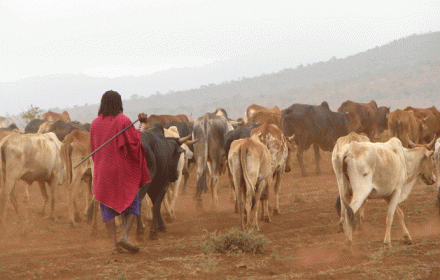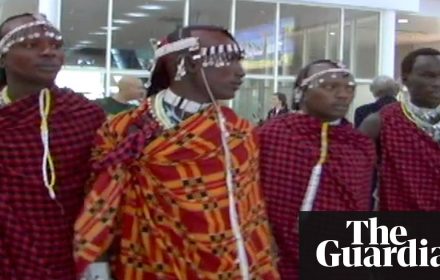Mystery, myths, and legends shroud the Maasai history. Much of their early origins come from their vibrant oral traditions. There is a lack of written sources. This indigenous pastoral society often passed on their traditional knowledge in the form of folktales, stories, songs, poetry, and chants. They contain knowledge about traditional medicine, landscape ecology, grazing practices, the behavior of animals, gathering of wild plant foods, and livestock management. Their origins are limited to our knowledge of them from the past few centuries. Maasais still hang on to their shukas, masks and religion that quintessentially serve as relics of their past.
August 5, 2023
This is a sneak preview into the personal lives of Maasais. Maasai music has no instruments. They use grunting vocals of two different contrasting rhythms. The lead singer calls out something, and the rest would repeat it. Maasai dancing is fascinating. Singers stand in a line. Then each person jumps as high and as long as they can. Some dancers pay close attention; others just giggle, and some others talk to their co-dancers while dancing. Their death is without a formal funeral service. Burial has been reserved only for chiefs since Maasais believe that burying people is harmful to the soil.
A Maasai’s entire life revolves around livestock. Maasais extract cow blood as follows. Once a month, they take out blood from cows pretty much like people giving blood. They make the jugular artery on the cow’s neck swell by tightening a noose around its neck. At close range, one of them fires a short, blunt arrow from a loosely-strung bow puncturing the vein of the cow. They then collect the blood in a gourd. They stop the bleeding with a wad of dung and mud. In recent times, consumption of blood is waning due to the reduced numbers of livestock.
The Maasais are considered to be cattle herders of Africa. Population growth, development strategies, and a shortage of land have declined cattle raising. However, for many traditional Maasais, cattle are still the breath of life. Adaptation to rapid economic and social change is the greatest challenge the Maasais face. Increased land encroachment threatens their traditional way of life. Sooner or later they would have to come to terms with integrating into the modern economies and political systems. As a result of the challenges faced by the Maasai, there are many support groups and non-governmental organizations working in collaboration with Maasais.




